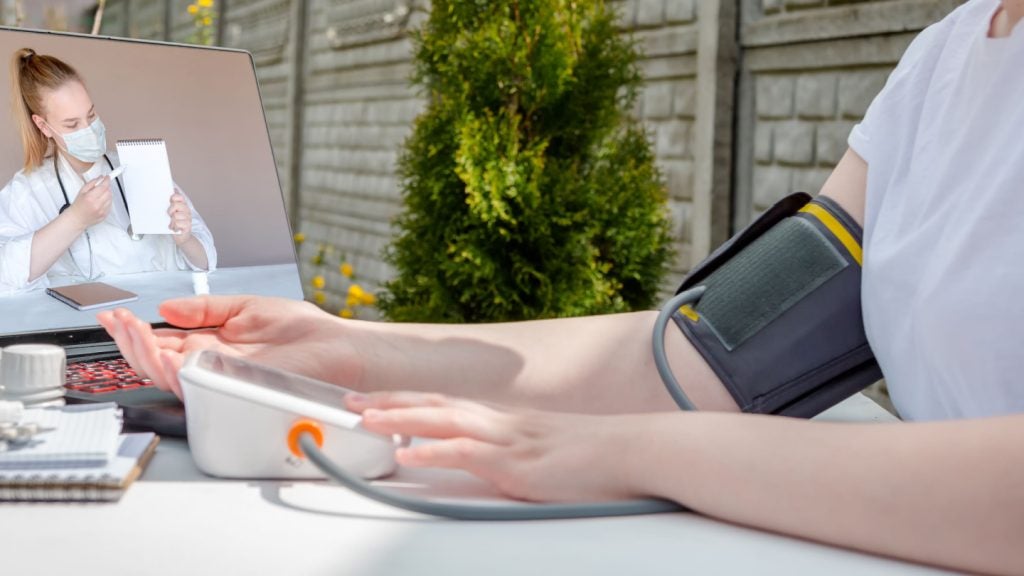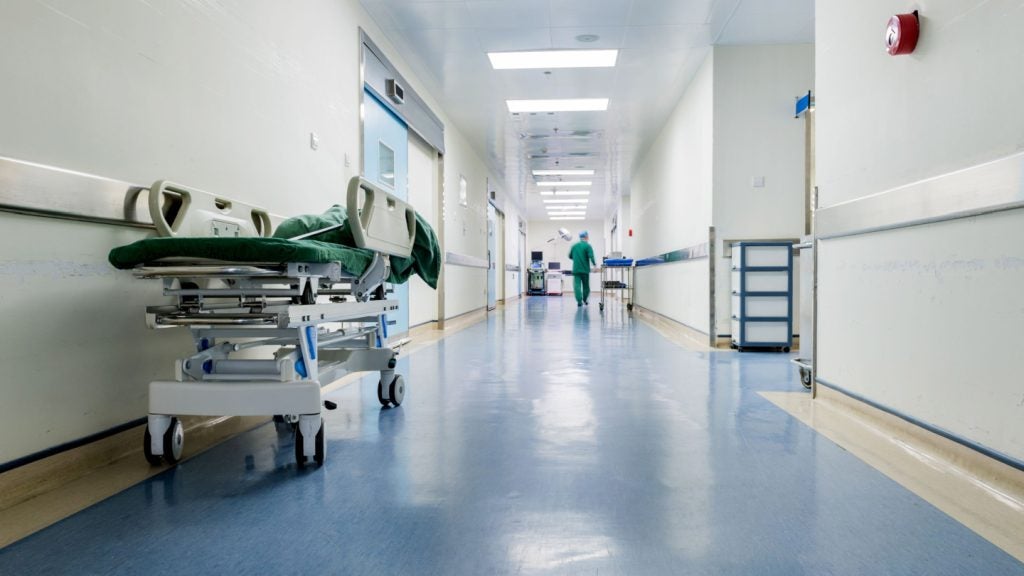The Australian Government is advancing the new John Flynn Prevocational Doctor Program to address the shortage of doctors in rural and remote areas.
As part of the programme, the government is collaborating with states and the Northern Territory to bridge the city-country divide in health services.
The programme was initiated in January with funds of A$75.75m ($48.67m).
It will focus on the concerns raised by rural GPs asking for more junior doctor training places to "grow" the workforce by increasing rural primary care rotations for hospital-based prevocational doctors in these areas to 1,000 rotations by 2026 from the current 440 rotations.
The focus will be on high-need areas, including those that support an Aboriginal and Torres Strait Islander workforce and service delivery.
Assistant Minister Malarndirri McCarthy said: “Ensuring that people who live in rural and regional areas can get the health care they need closer to home is a priority for the Australian Government.
“It’s important the new programme sets targets of three per cent of rotations in indigenous primary care settings, including Aboriginal Community Controlled Health Organisations, and 3% of rotations filled by indigenous prevocational doctors.
“These targets are meaningful and they will make a real on-the-ground difference by providing culturally safe care in rural and remote communities, while also creating job opportunities for indigenous doctors.”
















